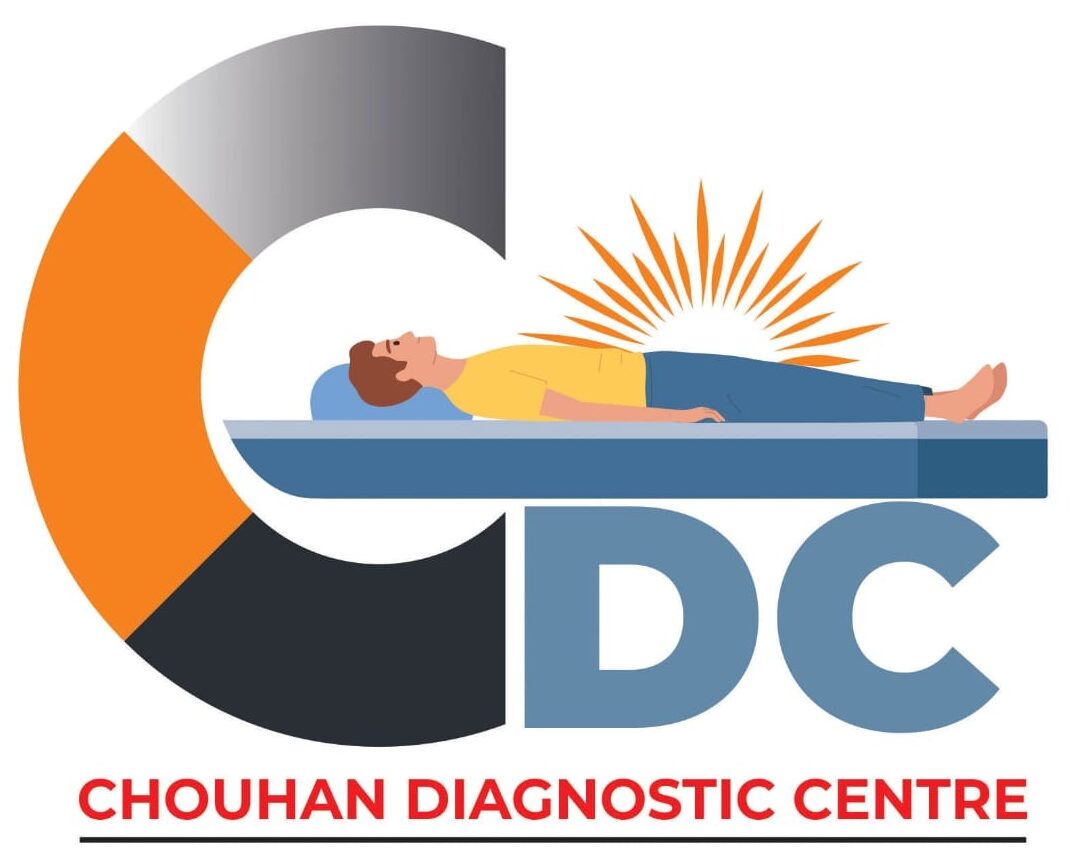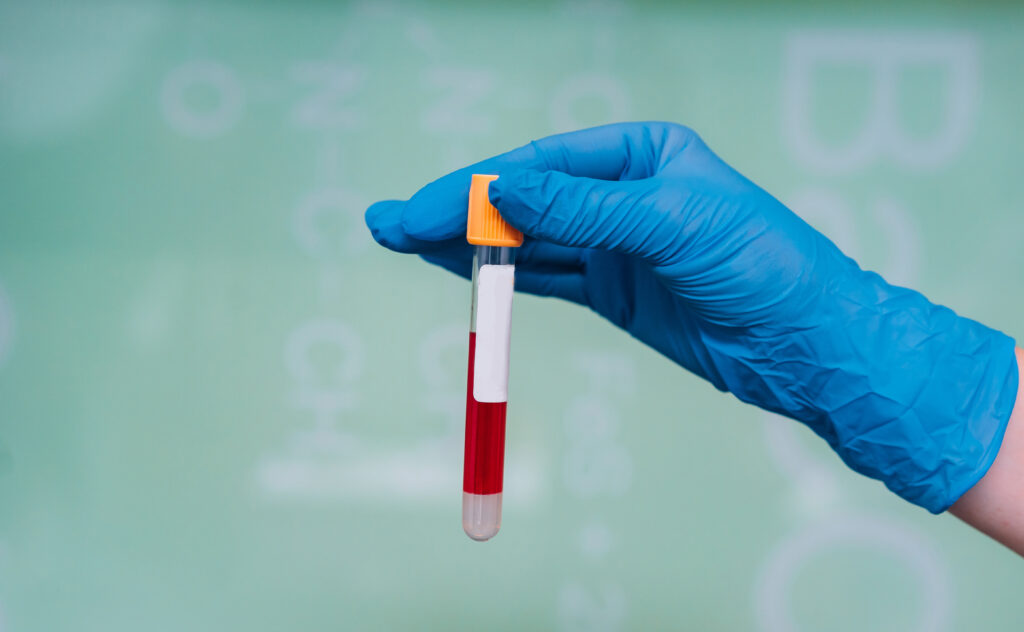What is a Clotting Panel Test?
A clotting panel test checks how well your blood forms clots. Doctors use this test to see if your blood clots too slowly or too quickly. In fact, the clotting panel test helps find problems with bleeding or clotting. It is also called a coagulation panel. This test looks at different parts of your blood that help it clot. Because of this, it can help spot health issues early.
Why is a Clotting Panel Test Done?
Doctors order a clotting panel test for many reasons. For example, you may need this test if you bleed easily or have unexplained bruises. Sometimes, it is done before surgery to make sure your blood will clot well. In addition, people taking blood-thinning medicines may need this test often. The purpose of a clotting panel test is to check for bleeding disorders, monitor treatment, or find out why you have certain symptoms.
How is the Test Performed?
The clotting panel test is simple and quick. First, a nurse or technician will clean your arm. Then, they will use a small needle to take a blood sample from your vein. Usually, the process takes only a few minutes. Afterward, your blood goes to a lab for testing. You can eat and drink as usual unless your doctor tells you otherwise. Most people feel only mild discomfort during the test.
Understanding Your Clotting Panel Test Results
Once your results are ready, your doctor will explain them. The test measures several things, such as:
Normal ranges may vary by lab. However, your doctor will compare your results to what is expected. If your numbers are outside the normal range, it does not always mean you have a problem. Sometimes, other factors can affect your results.
What Do Abnormal Results Mean?
Abnormal clotting panel test results can mean different things. For instance, if your blood takes too long to clot, you may have a bleeding disorder. On the other hand, if your blood clots too quickly, you may be at risk for blood clots. Some common causes of abnormal results include:
Because many things can affect your results, your doctor may order more tests to find the cause. According to the CDC, always discuss your results with a healthcare professional.
When Should You Consult a Doctor?
If you notice unusual bleeding or bruising, you should talk to your doctor. Also, if your doctor orders a clotting panel test and your results are not normal, ask what they mean. Sometimes, you may need more tests or treatment. Early action can help prevent serious problems. In any case, do not ignore symptoms or abnormal results.
Frequently Asked Questions (FAQs)
Conclusion
A clotting panel test is a helpful tool to check your blood’s ability to clot. If you have questions or concerns about your clotting panel test results, consult a healthcare professional for personalized advice.

